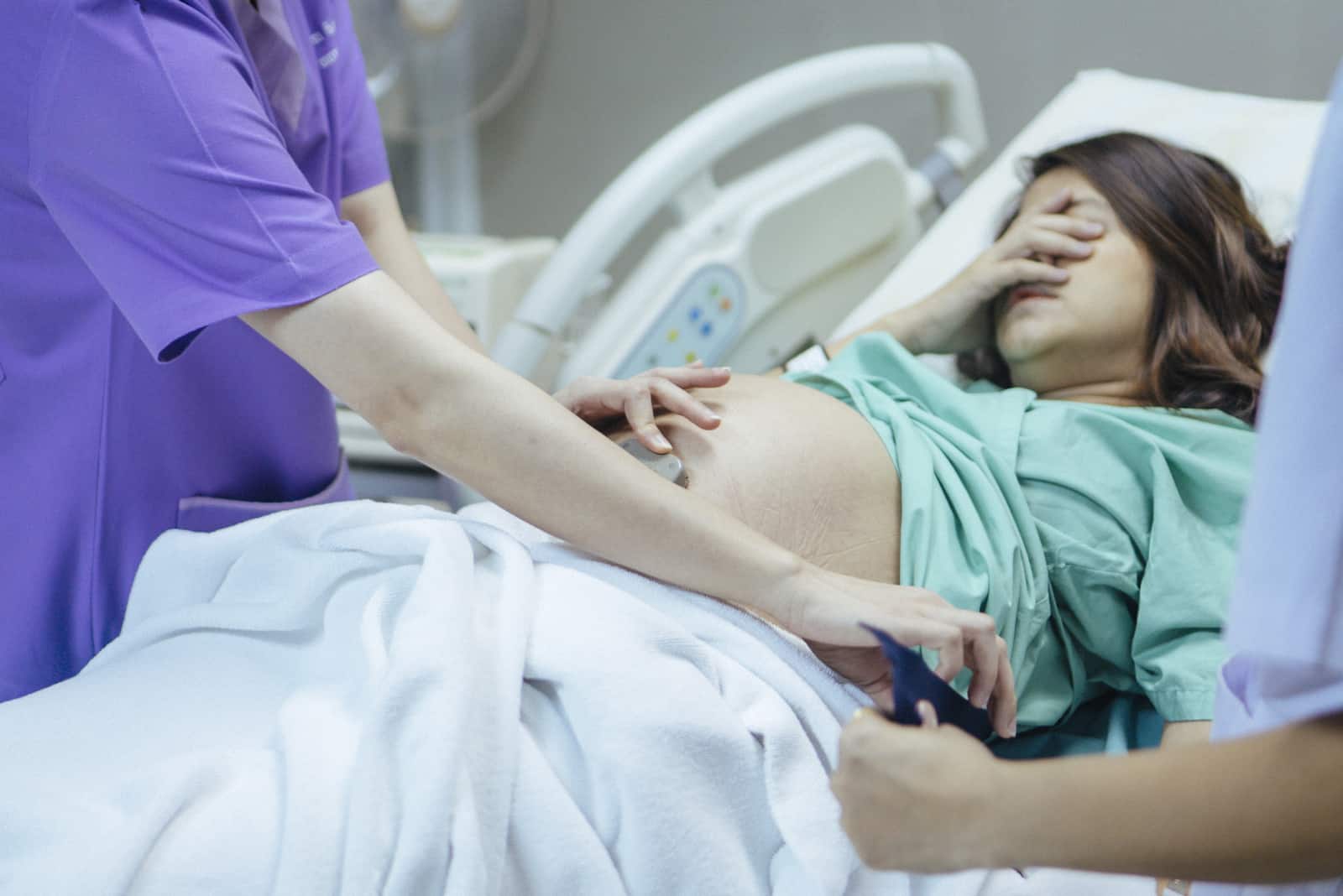A few weeks ago, we were on the verge of launching a crowd-funding campaign to raise thousands of pounds to take Cwm Taf Health Board to court for keeping partners out of their maternity wards. The Birthrights team were working round the clock to put together our first ever crowdfunding campaign, and cancelling well deserved leave over the half term to swing into action. The Birthrights Board of Trustees swiftly and unanimously backed the team’s decision despite the potential implications for our finances as a small charity.
We had been corresponding with Cwm Taf Health Board since September 2021 regarding its visiting policy, which, at the time, excluded partners completely from antenatal and postnatal wards. We urged the Board to at least bring this to two hours in line with nearly every other unit in Wales while they conducted a more in depth assessment of what a proportionate policy might look like. Quite tellingly however, their response was not to agree to that request, despite having a policy they clearly felt was indefensible. In a partial victory, partners were granted a one hour visit per day.
We did not feel this was good enough. A further letter before claim followed in January from our lawyers Irwin Mitchell, with Katherine Barnes as Counsel. Then, out of the blue and hours before the claim was issued, a journalist tipped us off that Cwm Taf were increasing their visiting hours for partners to two and a half hours. Not as much access for partners as we would like, but enough to call off our planned legal action.
But why, many months into the pandemic, were we having to threaten a maternity service with legal action at all? Surely the evidence of trauma inflicted on families separated at such a significant moment in their lives was all too apparent and weighed carefully against the need for infection control?
Today, on the second anniversary of the first lockdown, we want to share the legal advice behind the legal claim against Cwm Taf so that others can learn from it. It echoes the position statement that Birthrights put out right at the start of the pandemic calling on the Government to safeguard the rights of pregnant women and birthing people and to ensure that any changes to maternity services were proportionate and that decisions were taken in a transparent way. Later we produced a tool to help Trusts put this advice into action.
Many Trusts have taken seriously their obligations to consider safety in the widest sense of the word and to carefully balance the need to control the spread of infection against the trauma caused by restrictions. In other places, and even in the last few months, we have dealt with cases of parents being separated from newborn babies despite testing negative, women being told they have to give birth alone if Covid positive, and individuals with physical disabilities or significant mental health conditions not having their additional needs met. Two years on from that first lockdown it’s time to commit to a future where consideration of human rights is the default in maternity services and indeed all public services.
Our legal advice for the Cwm Taf judicial review stressed that services must:
- Identify and weigh up all relevant factors. Infection control can only ever be part of the picture. If you focus only on infection control, as we have seen in care homes, hospitals and maternity services throughout the pandemic you will get one answer. If you weigh up the benefits of any potential restrictions against the harm they cause to people you get quite another. The Human Rights Act is incredibly flexible – the right to family life can indeed be restricted if necessary and proportionate. But that case must be made and made publicly. Cwm Taf and others did not make it. Why could partners stay for one hour and not more? Were the risks of two, four or even six or eight hours so much greater?
- Consult those affected. Maternity services have well established mechanisms for involving service users. Genuine involvement does not mean explaining the decision to service users after the decision has been taken.
- Pay particular attention to those with protected characteristics. Being female is a protected characteristic and individuals who are pregnant or who have just given birth are also a protected group in their own right. There are no other people in hospital expected to look after a newborn baby whilst needing care themselves. In addition, providers must also make exceptions for individuals with additional needs such as a disability.
This week we have written to NHS England urging them to make clear to maternity services that visiting restrictions in maternity and neonatal services should be reverting to normal in line with the lifting of legal restrictions in most other areas of life. The social distancing requirement in healthcare settings has recently changed to “at least 1m” instead of 2 metres which should help. But at the same time cases are rising rapidly. Now is the right time to reflect on what we have learnt from the last two years and to make sure decision making processes are fit for purpose. Ultimately we don’t want to take Trusts or Health Boards to court – we want them to get these decisions right in the first place.
Birthrights would like to thank the Baring Foundation and a major donor for funding our legal work during the pandemic.

